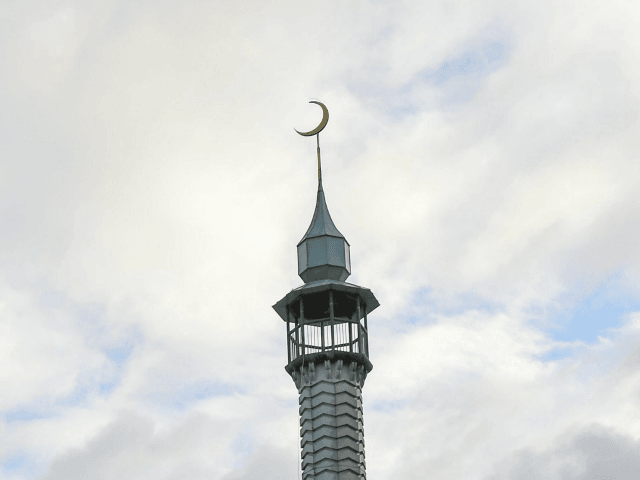Sweden’s supreme administrative court has upheld an order for a Muslim youth group to repay government grants after it was ruled to not “respect the ideas of democracy”.
The group Sveriges Unga Muslimer (SUM/Sweden’s Young Muslims) had initially been rejected for state grants in 2017. The authority for youth and civil society ruled that the group failed to respect the ideals of democracy and went further, demanding the SUM repay money previously given by the government.
The SUM took the case to the Court of Appeal which stated in a press release in October 2019 that it has upheld the previous ruling, saying that the group had previously invited lecturers who were deemed “inappropriate” and claimed that several representatives of the group had spoken out against democracy itself.
According to a report published last year by the Swedish newspaper Aftonbladet, the SUM will be forced to repay around 1.4 million Swedish Krona (£119,000/$149,000).
The group attempted to take the case to the supreme administrative court to appeal the case. Once again, the court has rejected hearing their case, making the Court of Appeal’s ruling final.
Muslim Party ‘Taken over by Islamists’ Rejected by Swedish Election Agency
https://t.co/YyhKlkhkEp— Breitbart London (@BreitbartLondon) September 20, 2017
The group put out a statement after the rejection, stating on Tuesday: “The democratic space for SUM to operate in has shrunk and thus, in practice, it has become impossible for the organisation to exist.”
The SUM is just the latest Muslim organisation in Sweden to display anti-democratic attitudes or links to radical Islamic theology.
In 2018, academic Sameh Egyptson claimed that groups like the extremist Islamist Muslim Brotherhood have been infiltrating Islamic organisations in Sweden since the 1980s.
“In my studies and research documents, I found that Islamists already negotiated with political parties in the 1980s about voting in elections. A report in Arabic written by Sweden’s Muslim Council (SMR) 2001 described a historical chapter that not many people know about,” he said.
There have also been attempts at creating Muslim political parties in Sweden such as the Jasin party who were rejected by the Swedish election authority due to their ties with known radical Islamists.

COMMENTS
Please let us know if you're having issues with commenting.